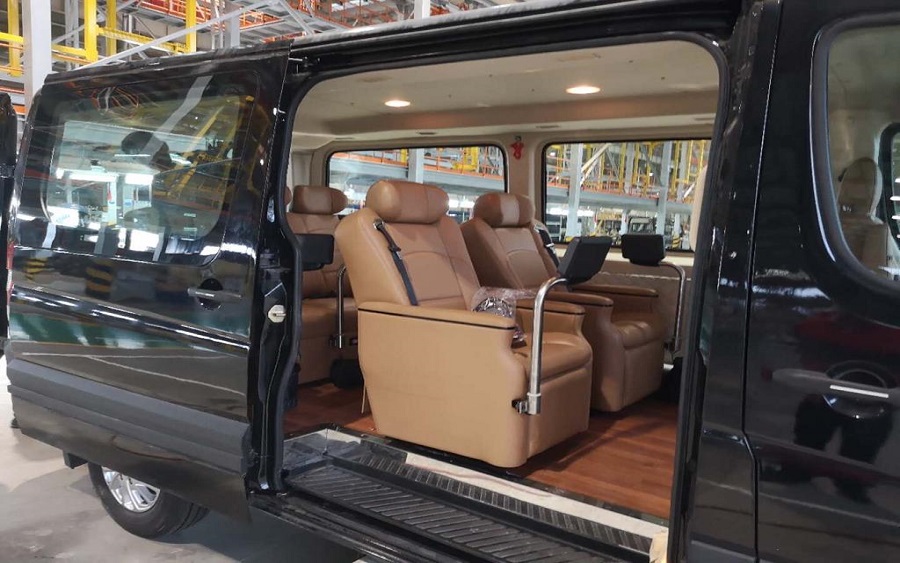As popular brands shy away from the production of electric vehicles in Nigeria, JET Motor Company, a Nigerian-based automobile manufacturer, has raised $9 million from foreign investors as it intensifies the creation of electric vehicles in Nigeria.
The investors that took part in the JET Motor Company fundraising were Canadian-based Africa Development Capital, which is known to provide access to liquidity for various ventures taking shape in Africa, including logistic firms, farmers and small and medium enterprises.

Other investors that participated in the funding round included Greatman Legend and a number of Asian investors. The $9 million fund is expected to support research and development (A&R) for electric vehicles which Jet Motor is developing.
The electric vehicle called Jet EV already has a prototype, which has been put to use for a 300km journey of 300km (distance from Lagos to Benin), and the trip was achieved with a single charge. It was learnt that Jet Motor would engage GIG Logistics pickup centres for charging points. This is part of an agreement which includes Jet Motor providing GIG Logistics with 50 JET EV vehicles over the next 2 years.
[READ MORE: Field Intelligence raises $3.6 million to take advantage of pharmacy cravings in Nigeria)
It is, however, unsure when the vehicle assembly and distribution company will break even as the Nigerian market is very much dominated by fuel-driven vehicles which have a grip over motorists in Nigeria. Also, unlike other countries, the Nigerian government has not decided when it intends to switch to electric vehicles, further affecting the penetration of EVs within the country.
The last time the subject was raised at the Senate by the former lawmaker, Ben Bruce, the National Assembly kicked against it. Bruce had introduced the Electric Car bill in April last year which was basically seeking that the National Assembly approves the use of electric cars in Nigeria.
The bill aimed to phase out the use of petroleum/diesel vehicles by 2035, to be replaced by electric cars. The reason for the bill was to encourage the use of modern technology, de-emphasise on oil consumption and also reduce air pollution.

READ ALSO: How Tech is Disrupting Nigeria’s Transport Ecosystem – Part 4 (Season Finale)
Nigeria is not ready for such? Nigerians on Twitter “dragged” Bruce because they felt that his proposed bill was a misplaced priority. Some people specifically questioned the need for electric cars in a country that cannot boast of 24 hours electricity supply, while some said the Senator’s proposed Electric Car bill showed how disconnected he was to the people he was representing.
Despite Bruce argument ng that maintaining electric cars is cheaper than maintaining petrol-powered cars, the Senate rejected the Electric Car bill days after, during a plenary session, describing it as ‘irrelevant’.

















